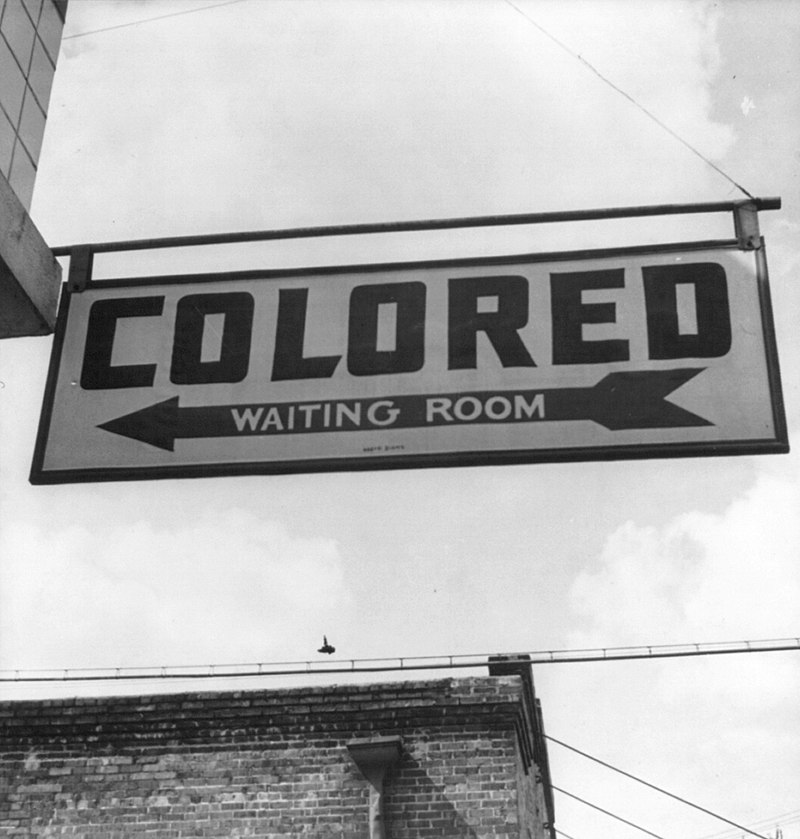
The question of whether restaurants or companies are allowed to deny services based on race is a contentious and important issue that intersects with both legal and ethical realms. In a society that strives for equality and justice, it’s essential to understand the laws and principles that govern this matter. This article explores the topic, delving into specific laws that protect against racial discrimination while considering the nuances of individual rights and freedoms.
Anti-Discrimination Laws
In many countries, including the United States, anti-discrimination laws exist to prevent businesses from denying services based on a person’s race. One of the most significant pieces of legislation in the U.S. is the Civil Rights Act of 1964. This landmark law prohibits racial discrimination in public accommodations, which includes restaurants and other businesses open to the public. Title II of the Act explicitly states that businesses cannot discriminate on the basis of race, color, religion, or national origin.
Similarly, other countries have their own anti-discrimination laws that protect against racial discrimination in public services and accommodations. The specifics may vary, but the overarching principle remains consistent: discrimination based on race is illegal.
Ethical Considerations
Beyond the legal aspects, there are strong ethical arguments against denying services based on race. Discrimination based on race perpetuates inequality, fosters division, and undermines the fundamental principles of fairness and justice. Ethical considerations emphasize the importance of treating all individuals with dignity and respect, regardless of their race.
Individual Rights vs. Public Interest
While anti-discrimination laws are clear in their intent to promote equality, some argue that businesses should have the right to refuse service to anyone for any reason, including race. They view this as an extension of individual liberty and property rights. However, this perspective clashes with the public interest in creating a fair and just society.
The legal landscape in various countries generally prioritizes the public interest in preventing discrimination over individual freedoms in the context of public accommodations. This balance ensures that businesses cannot act in a manner that perpetuates racial discrimination or division.
Religious Freedom vs. Discrimination
Another area where this question becomes complex is in cases where business owners cite religious beliefs as a reason for denying service to certain individuals. The tension between religious freedom and anti-discrimination laws has led to contentious legal battles. Courts have grappled with finding a balance between respecting an individual’s religious beliefs and protecting individuals from discrimination based on their race.
In cases like these, courts often weigh the compelling interest of preventing discrimination against the individual’s right to exercise their religious beliefs. The outcomes can vary depending on the specific circumstances and jurisdiction, making it a complex and evolving issue.
Conclusion
The question of whether restaurants or companies are allowed to deny services based on race is multifaceted, involving both legal and ethical considerations. While anti-discrimination laws clearly prohibit such practices in public accommodations, the tension between individual rights, religious freedom, and the public interest creates a complex legal landscape.
Need Legal Assistance?
If you or someone you know has been denied service by a private business in Texas, we at Elmazi Law are here to help you. Contact us today for a free consultation. Send us a message from the form below to get started:






